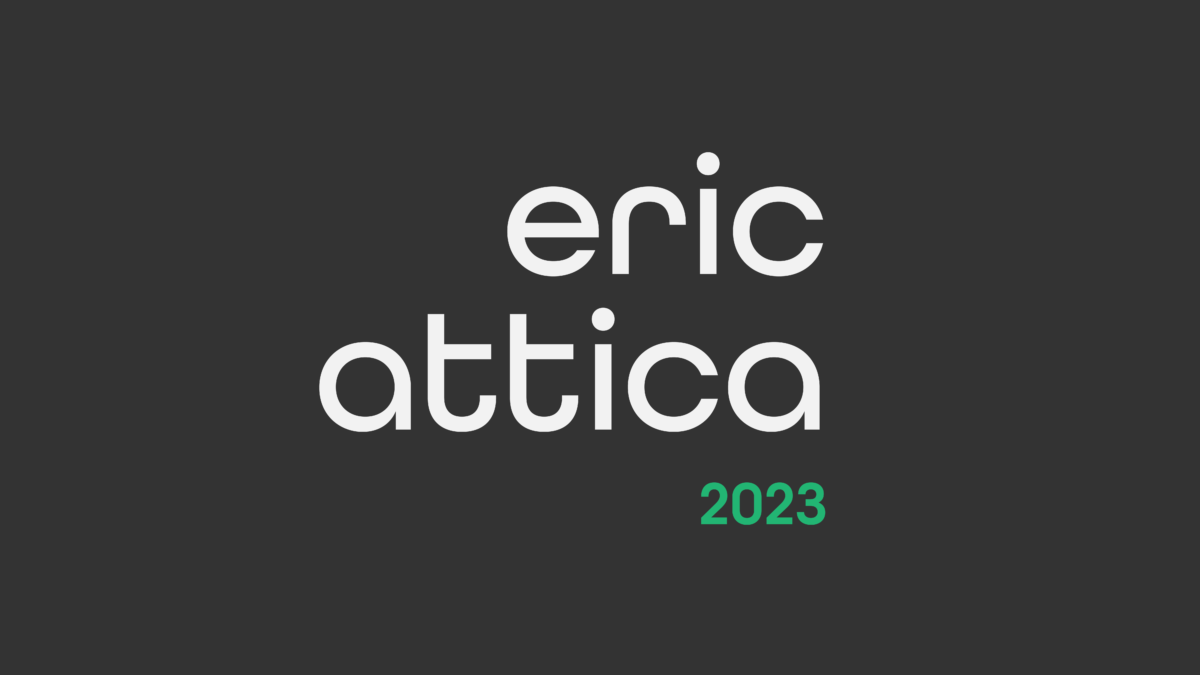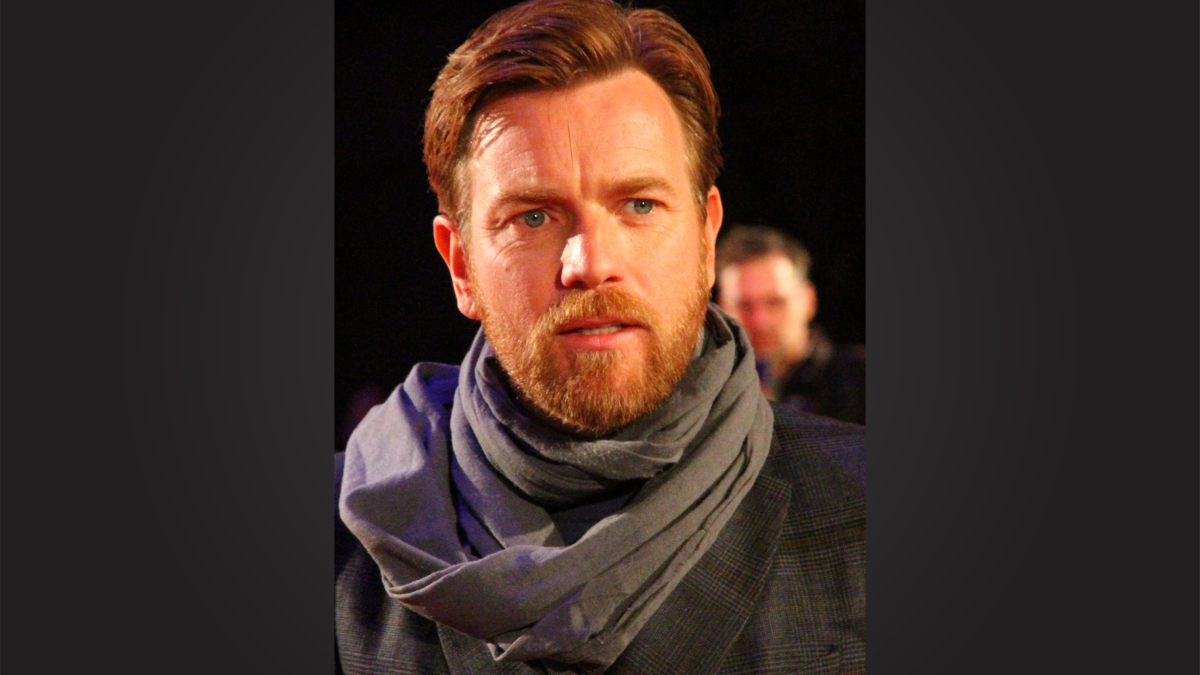Here’s something I’ve been thinking about.
I missed the bus yesterday, but it got stuck in traffic and I passed it on foot. Some sleep-deprived, Coca-Cola-animated part of my brain said, “Climb on top of the bus and ride it to the next stop!” And the rest of my brain said: “That’s illegal!”
I’m certain that it is illegal. But it’s weird that I’ve never actually read that law anywhere. This got me wondering. I’ve lived my whole life following the law. (I assume so. I’ve never gotten arrested.) But what does it actually look like? Is it even available to the public?
One day I decided to go find it. That was a fun Google search. “What is the law?” And I found it! It’s actually called The Code, which sounds extremely cult-y. (Specifically, the U. S. Code, Utah Code, etc.) Soon I was knee-deep in the mire of building regulations. I like to think I’m a fairly intelligent guy but I could hardly understand a word. The Latin didn’t help.
As people of letters, we’re prone to giving a hard time to nonliterate cultures who transmit information through oral tradition. Yet even in this highly literate society, the reason I didn’t climb on top of that bus was the oral tradition of “what’s probably illegal” (et amplius my self-preservation instinct). This tradition is both more accessible and more comprehensible than the actual law, which chances are, you probably haven’t read, and probably couldn’t understand if you wanted to. So for those of us who aren’t lawyers—the “literate upper class,” if you will—the entire legal foundation of society is a matter of trust, tradition, and a general assumption that bus-riding is off the table. Strange, right?
What do you think? Have you ever read the law? ∎
“RE:” is a series of essays of 300 words or less about pretty much anything. This is the third installment. Previously:
RE: 1. Parasocial Relationships
RE: 2. Not Knowing



